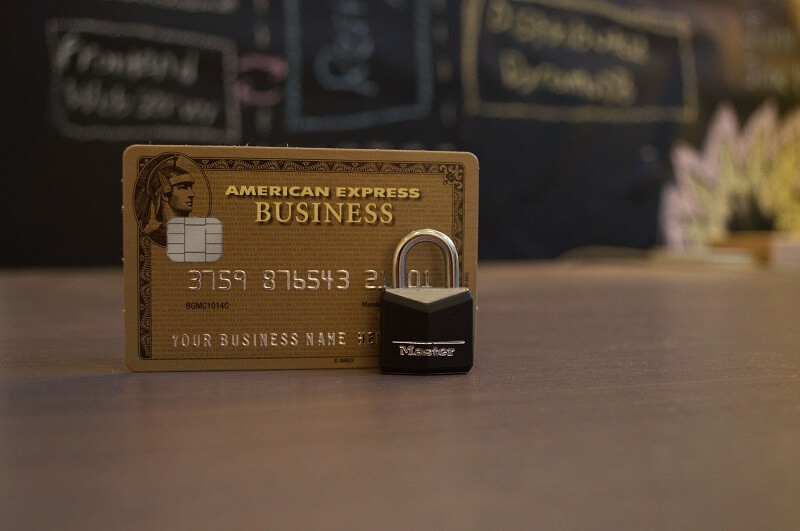Top 5 Reasons to Use Mediation to Resolve Divorce Disputes
Mediation: Why It Works and How It Saves You Money

Typically, when you think of divorce the first thing to comes to mind is the classic television image of lawyers and a judge hashing it out in the courtroom followed by one party revealing their “smoking-gun” and winning their case. This isn’t a realistic image for family law matters. In fact, most family law matters are able to be resolved without ever stepping foot into the courthouse. To take this even further, you don’t even necessarily need a lawyer to get divorced. At Jones Divorce Mediation Inc. we help parties navigate the breakdown of their relationship in a more informal fashion that gives them control over the outcome of their separation.
-
You Control the Outcome
If you opt to attend mediation to resolve your disputes, you are essentially the caption of your own ship. Yes, you still need to ensure your resolutions fall inside the law – but there is a lot more flexibility and creativity involved. If you choose to go the route of litigation you will be stuck with whatever the Justice sitting in court that day decides to order, and it is extremely difficult to appeal or change any decisions once they have been made in court. Should you opt to use mediation, you and the other party agree to reach a voluntary decision that is mutually beneficial.
-
Save Money
Mediation is significantly cheaper than litigation. Resolving issues through the courts AND paying a lawyer can costs thousands of dollars. You are paying for your lawyer’s time in drafting correspondence and legal proceedings as well as things such as filing fees at the courthouse (which still apply if you do mediation but you only need to file the minimum documents to obtain the divorce certificate) and there is the potential that costs will be awarded against you in court if the Justice finds that you have acted unreasonably.
-
Keep Your Private Life Private
Mediation keeps your divorce proceedings confidential and out of the public record. You might not be aware that divorce proceedings form part of the public record and as such, your private family matters can be obtained and viewed by anyone. Recently, the Alberta courts changed the terms of access for family law files such that parties must give express written consent for someone in the public to access their documents which ensures a higher standard of confidentiality. However, the fact that this is a very recent change can be alarming to those who value their privacy and want to ensure their matters are not out there for any curious onlooker to obtain or for their children to read.
-
Help Foster a Positive Co-Parenting Relationship
Mediation can assist in keeping your matter amicable which will help foster your co-parenting relationship. Mediation promotes healthy communication as both parties attend on a voluntary basis and come to the table to reach a mutually agreeable resolution. On the other hand, litigation can severely damage your relationship as emotions are heighted at the stress of applications, affidavits and court appearances. It can be very difficult to protect your children from the psychological impact of litigation. As well, since mediation focuses on finding a middle ground – you will likely be much happier with the results of mediation than if a Justice imposed a decision on you.
-
The Whole Process is Voluntary
The voluntary aspect of mediation can be a double-edged sword. However, when you finally sit down at the conference room for your mediation session, knowing that both parties are there because they want to reach a resolution can have a very positive impact on the session. Often, in mediation, both parties are eager to resolve their disputes and move on with their lives. This can ensure the process is quick, cost effective and ultimately results in mutually beneficial outcomes.
If you want to learn more about mediation, our Calgary based mediators offer a 30-minute free consultation to answer your questions and help you learn about the process. Connect with us to book your first mediation session today.
Disclaimer: The content provided in the blog posts of Jones Divorce & Family Law is general information and should not be considered legal advice. Please contact a lawyer for legal advice tailored to your specific situation. All articles are current as of their original publication date.








